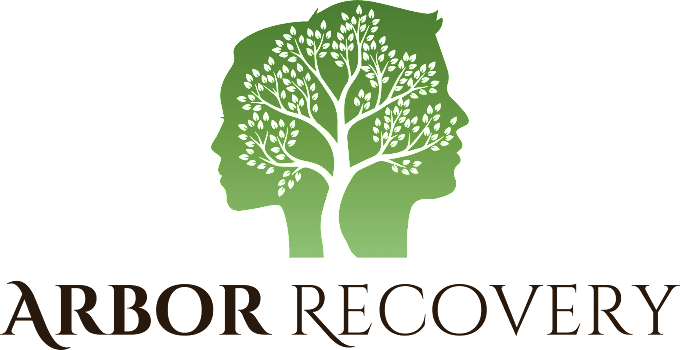
FAQs
We have curated answers to some of the most frequently asked questions. If you have any more questions, feel free to contact us.
General Questions
WHAT IS METHADONE AND HOW DOES IT WORK?
Methadone is used to treat opiate addiction and to relieve withdrawal symptoms. It is not used to treat addictions to substances like alcohol, marijuana or cocaine. Methadone reduces the drug cravings and harsh withdrawal symptoms. Methadone’s effects last between 24 and 36 hours.
DOES METHADONE MAKE YOU HIGH?
WHAT IS BUPRENORPHINE?
Suboxone® is a combination of buprenorphine and naloxone (also known as Narcan®). Naloxone is used to counter the effects of an opiate overdose as well prevent euphoric feelings associated with opiate use.
WHY IS HEROIN ADDICTIVE?
IS MEDICATION-ASSISTED TREATMENT SAFE?
Methadone and buprenorphine do have serious drug interaction potential that should be discussed with a doctor and fully understood before participating in medication-assisted treatment.
HOW LONG DOES MEDICATION-ASSISTED TREATMENT LAST?
HOW DOES THE CHANGE IN LANGUAGE HELP REDUCE THE STIGMA TOWARDS ADDICTION AND MEDICATION-ASSISTED TREATMENT?
- Addict
- Abuse
- Druggie
- Drug Abuse
- Junkie
A change in the conversation and more education regarding addiction disorders can change the way we view substance use disorder treatment, and make it more readily available to those who need it.
Examples of non-stigmatizing language includes:
- Substance Use Disorder rather than Substance Abuse
- Opiate or Opioid Use Disorder rather than Opiate Addiction
- Person or Patient with Substance Use Disorder rather than Addict or Abuser
- Positive, Negative, Detected Urinalysis rather than Dirty, Clean Urinalysis
- Use or Misuse rather than Abuse
- Medication rather than Drug, when referring to methadone or buprenorphine
HOW CAN I BEGIN TO IMPROVE MY HEALTH WHILE IN TREATMENT?
WHY IS IT IMPORTANT TO HAVE A SUPPORT SYSTEM WHILE IN RECOVERY FROM OPIOID ADDICTION?
- managing the stress of early recovery
- helping to prevent relapse
- encouraging compliance with your chosen treatment program
Accountability and encouragement is key when you are learning to manage your emotions and cope with challenges in healthy ways. Individuals in and out of recovery can provide love, acceptance and hope in times when it’s difficult to find those things within yourself.
HOW IS ADDICTION A DISEASE?
DO YOU TREAT OTHER ADDICTIONS BESIDES OPIATE ADDICTION?
IS COUNSELING REQUIRED WHILE I’M IN TREATMENT?
HOW MUCH IS TREATMENT?
Medication-assisted treatment is an affordable way to recover from addiction. Arbor Recovery Michigan accepts a wide range of insurance, including Medicaid and Medicare. Please contact our staff so that we can guide you through the process.
